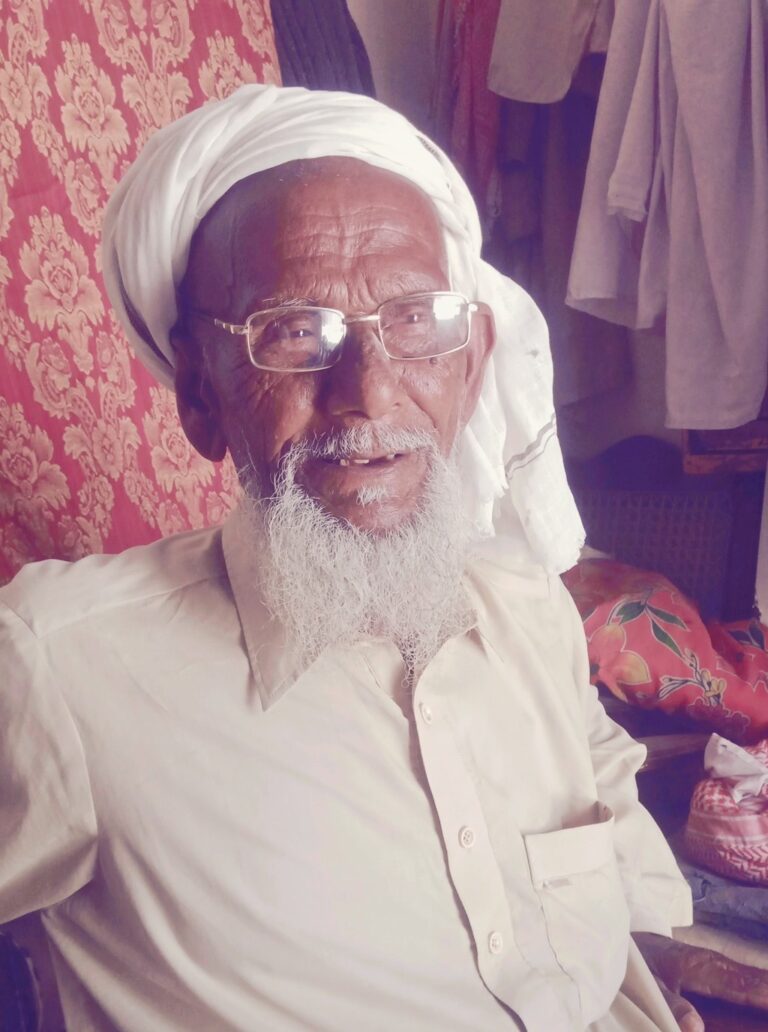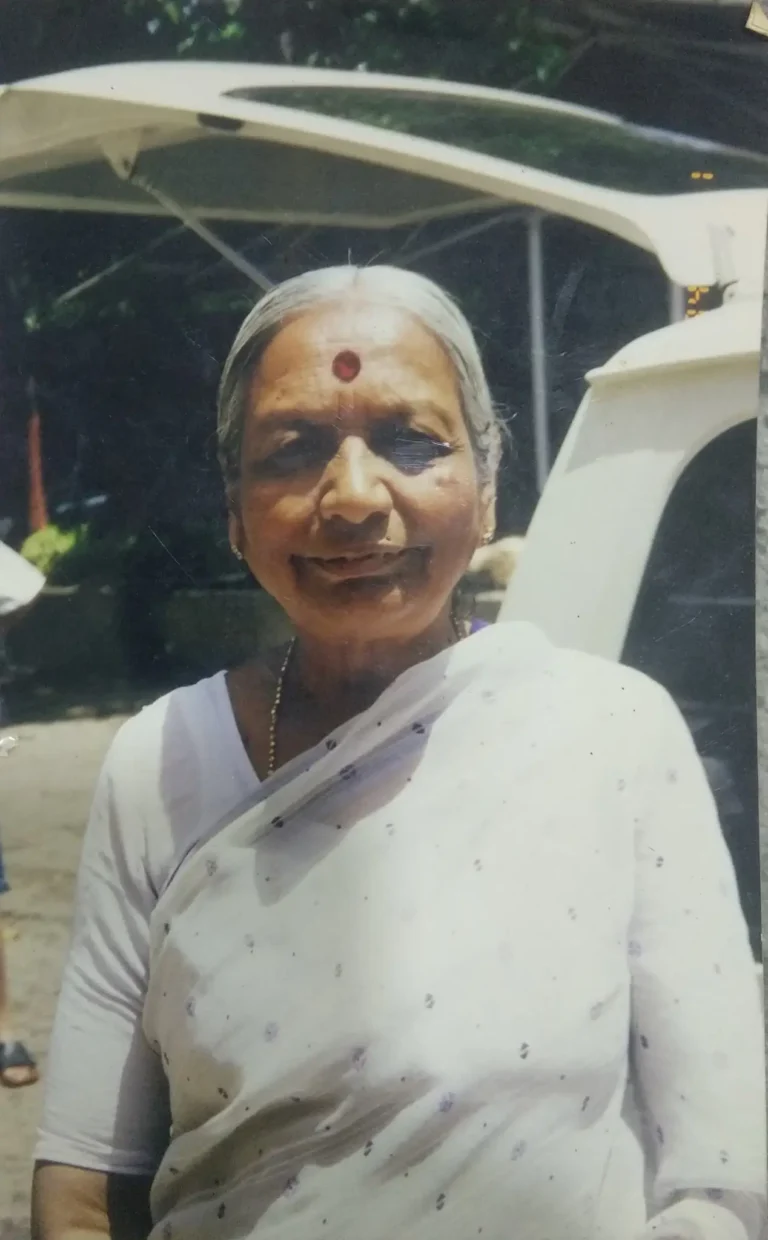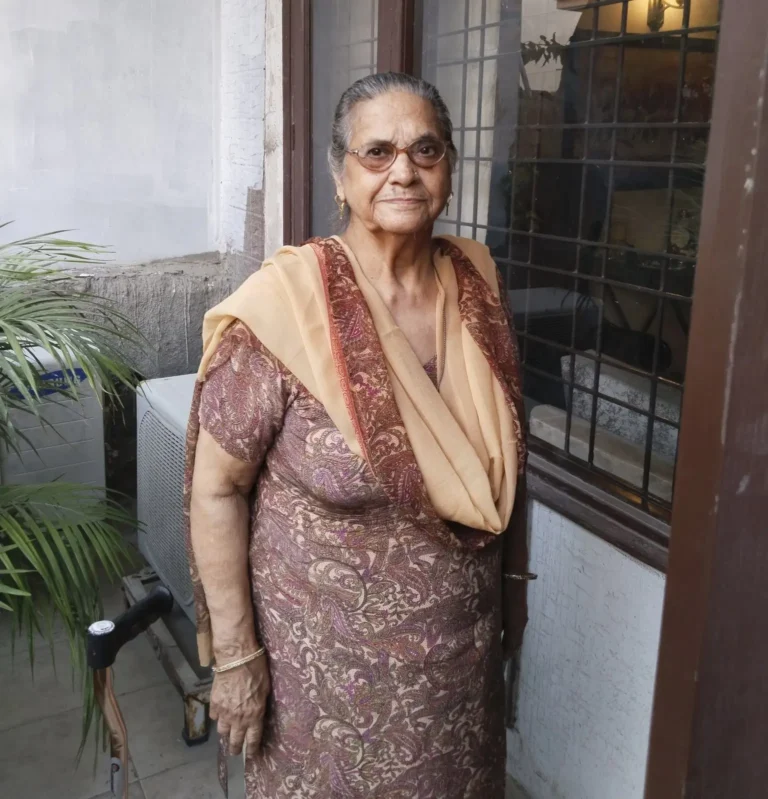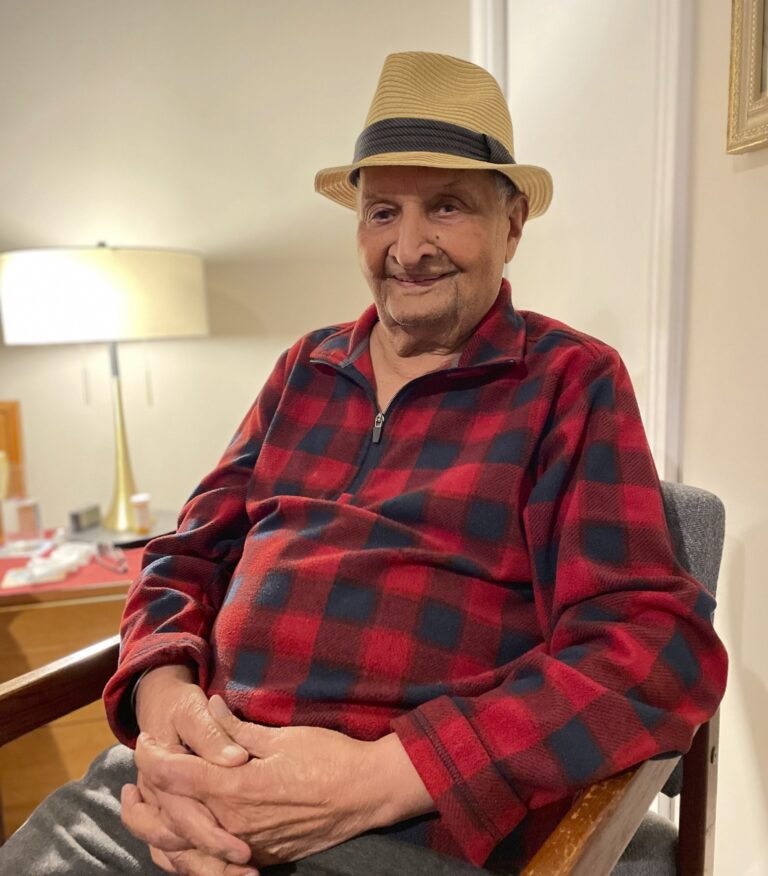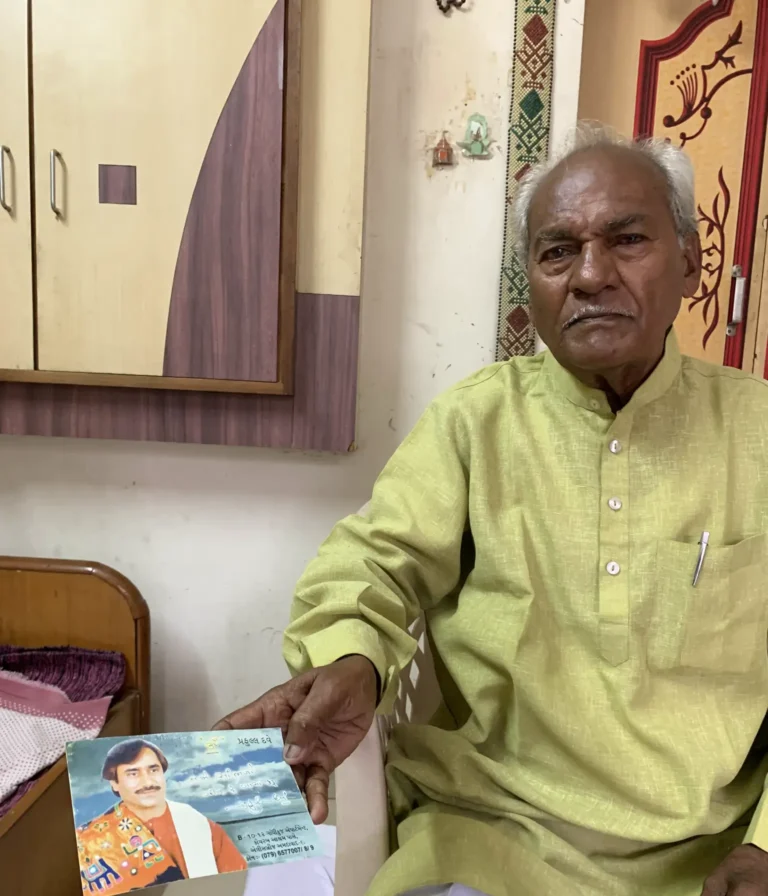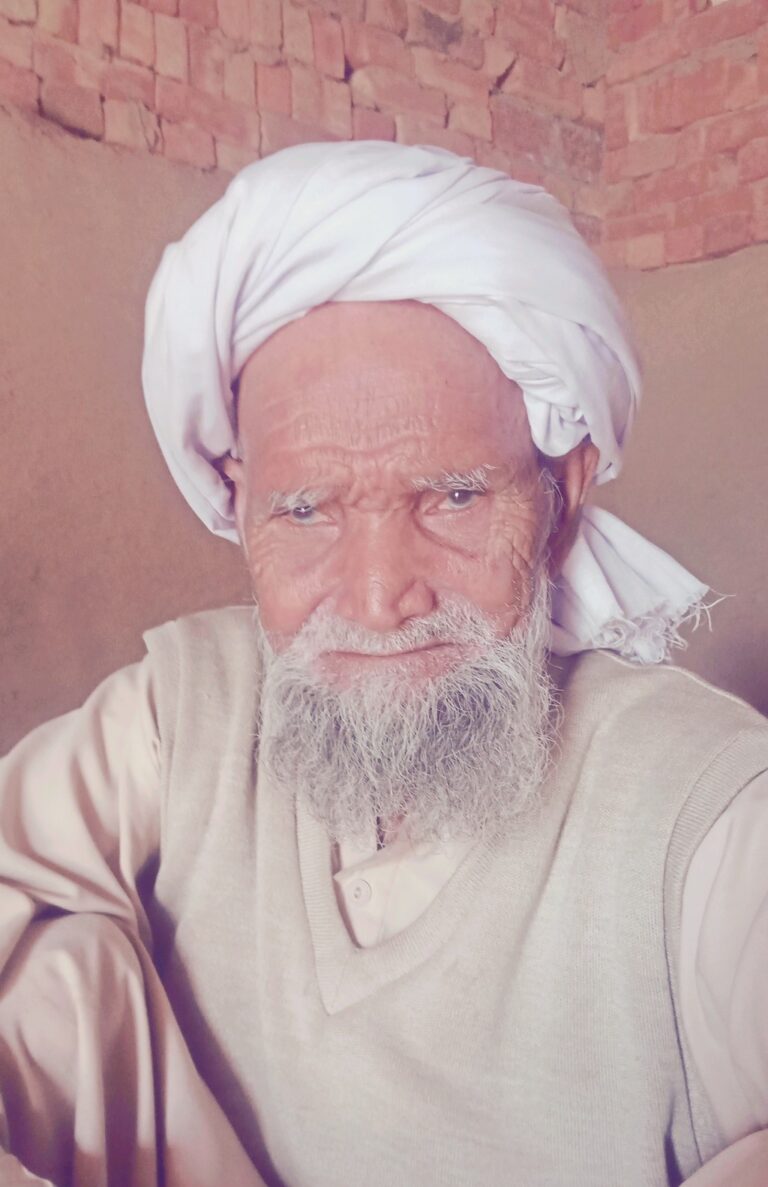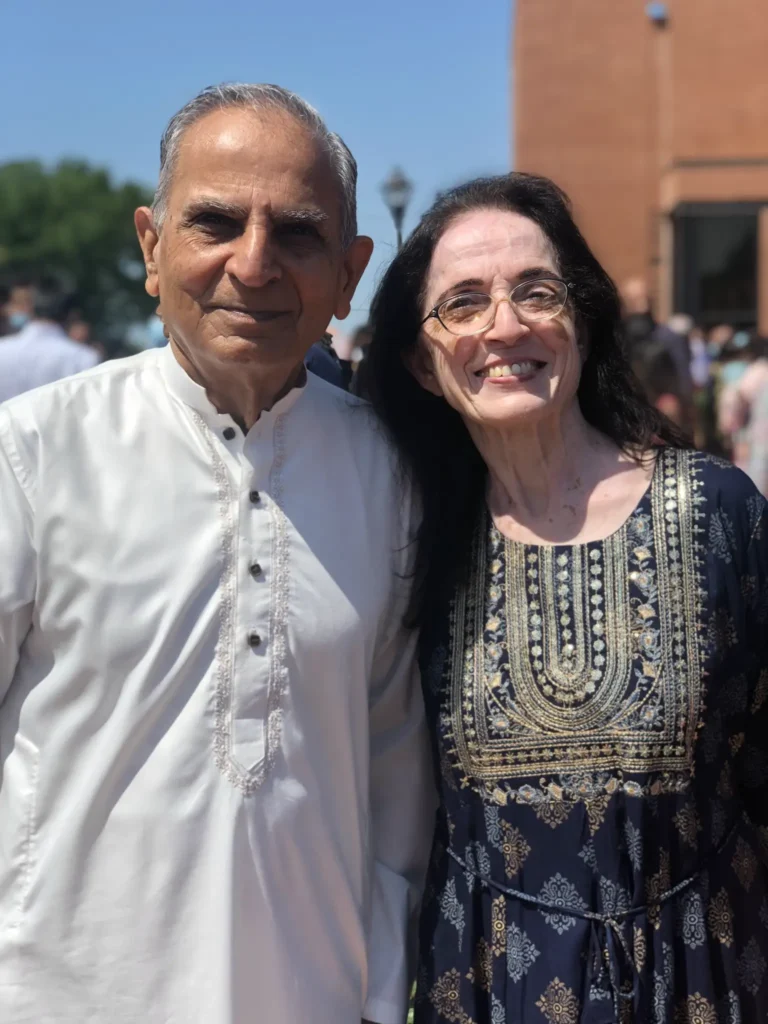Story:
I was born in Barangabari, Gohpur, located in Sonitpur district in Assam in 1930. I come from a Hindu family that followed Vaishnavism. My father was the head priest of the satra and we were a well-to-do family since the satra was an important institution of Assam. From my childhood, I learned weaving and loved it. Our family depended on agriculture and we also had a shop where we sold mostly food items. A festival called Lakhimi Ona is related to agriculture in our region. My school was a good one and both boys and girls studied there, but only Hindu students studied there because the area had no Muslim population.
My house was a training centre where most of the freedom fighters held meetings and the women came there to do weaving. Every member of my family was related to the freedom struggle and I myself was a recognised freedom fighter in the area. We did many activities against the British government and I disliked British rule in India. On 9 August 1942, the news of the Quit India Movement launched by Mahatma Gandhi reached Assam. All of us followed the path of Mahatma Gandhi. My uncle was the leading freedom fighter of our area. On 20 September 1942, we had decided to march with the national flag to the nearby police station and hoist the flag there. According to the plan we began our march with my sister holding the national flag. My sister, Kanaklata Barua and I were in the first row. When we reached the police station, the flag was handed to Kanaklata as she was the tallest among us. My sister took the flag and marched forward with me. The British blocked us and at one point, they shot my sister Kanaklata. Seeing her dead, I fainted and I was brought home by some of my relatives. After that incident, I fasted for one week and I could not sleep for one month. That incident still makes me emotional.
Today, I feel proud as well as sad for the freedom fighters that had to lose their lives. During Partition, there was communal violence in different parts of Assam but there was no communal violence in my region. During Partition, Mohammad Ali Jinnah and Jawaharlal Nehru tried to incorporate Assam with Bangladesh, but Gopinath Bordoloi and Vallabhbhai Patel opposed that and did not allow it to happen. That incident created chaos in Assam, but later the situation became neutral. I married in 1946 and my husband was also a freedom fighter in his area. My husband and I cried and fasted on the day Mahatma Gandhi was assassinated. After Partition, the British still remained in some tea gardens and were cruel to the labourers. My husband was the president of their labour union. We struggled a lot and in the end, we were able to chase the British out of India.
After Partition, I actively took part in the Assam Movement. We followed the path of nonviolence and did different activities like picketing and hunger strikes. I formed a women’s organisation called Mahila Samiti in my region and worked for the development of womens’ opportunities in society. From my childhood to my old age, I worked for the development of the country and society. My message to the future generation is that we must not do injustice to anyone, follow the path of nonviolence and work for a peaceful life in our country.

